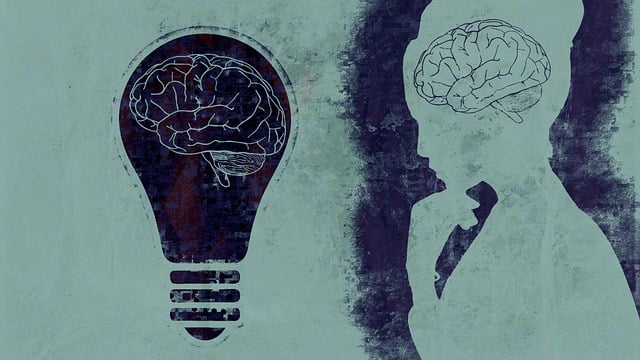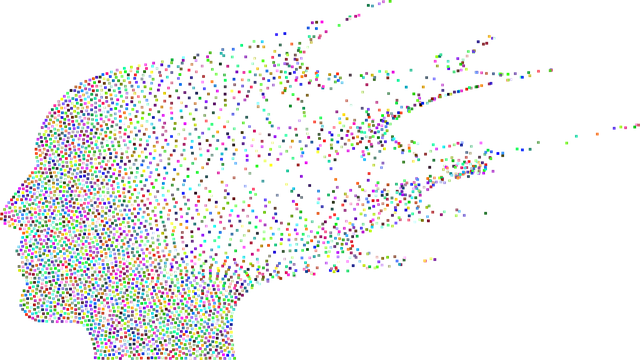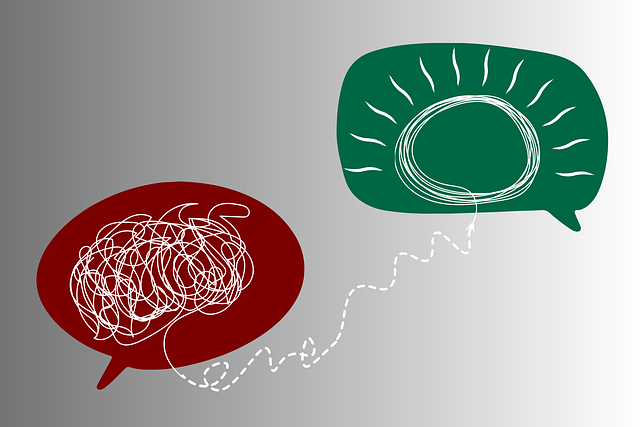Denver Gender Identity Therapy (DGIT) offers a unique, crisis intervention service focusing on empowerment through understanding and acceptance of diverse identities. Their holistic approach combines rapid assessments, evidence-based techniques like CBT, and community outreach to provide comprehensive care. DGIT helps clients manage intense emotions, reduce mental illness stigma, and develop tailored coping strategies for long-term mental wellness, enabling them to navigate crises healthily and rebuild their lives with resilience.
“In times of crisis, effective intervention can make a profound difference. This article offers a comprehensive guide on crisis intervention strategies, drawing from the insights of Denver Gender Identity Therapy (DGIT). We explore key aspects such as understanding crisis situations, assessment techniques, and evidence-based support methods proven to be effective.
Additionally, we delve into post-crisis care and community resources, providing a holistic approach to supporting individuals through challenging times. By leveraging DGIT’s expertise, this guide equips readers with valuable tools to offer meaningful assistance.”
- Understanding Crisis Intervention: A Denver Gender Identity Therapy Perspective
- Assessment and Evaluation in Critical Situations
- Evidence-Based Techniques for Effective Support
- Post-Crisis Care and Community Resources
Understanding Crisis Intervention: A Denver Gender Identity Therapy Perspective

Crisis intervention is a critical aspect of mental healthcare, especially for individuals navigating complex challenges related to gender identity. Denver Gender Identity Therapy (DGIT) offers a unique perspective on this matter, focusing on empowering clients through understanding and embracing their inner strength. This therapeutic approach recognizes that every individual has the potential for resilience and growth during crises. By fostering an environment of acceptance and support, therapists at DGIT aid clients in developing coping strategies tailored to their specific needs.
The practice integrates cultural sensitivity into its core principles, ensuring that diverse identities are respected and validated. This is particularly relevant when addressing gender-related conflicts, as it allows for a nuanced understanding of the client’s experiences. Furthermore, DGIT incorporates conflict resolution techniques to help individuals manage intense emotions and challenging situations, ultimately promoting healthier ways of navigating crises.
Assessment and Evaluation in Critical Situations

In critical situations, rapid and accurate assessment is key to effective crisis intervention. Denver Gender Identity Therapy emphasizes the importance of a holistic approach when evaluating individuals in distress. This involves not only understanding the immediate crisis but also exploring underlying factors contributing to the individual’s vulnerability. Skilled therapists use dynamic assessment techniques to gather information, which may include direct questioning, observation, and interpretation of non-verbal cues. The goal is to gain a comprehensive view of the person’s emotional state, recent history, and potential triggers, enabling tailored intervention strategies.
Effective crisis intervention hinges on efficient assessment, leading to appropriate communication strategies and stress reduction methods. By addressing the individual’s unique needs, Denver Gender Identity Therapy aims to not only alleviate immediate distress but also foster long-term mental wellness. Moreover, therapists play a crucial role in Mental Illness Stigma Reduction Efforts by creating safe spaces and implementing evidence-based practices that challenge societal biases, promoting understanding, and encouraging support for individuals navigating complex emotional landscapes.
Evidence-Based Techniques for Effective Support

In the realm of crisis intervention, evidence-based techniques are paramount to providing effective support, especially in settings like Denver Gender Identity Therapy where sensitivity and expertise are crucial. These methods, backed by rigorous research, offer a structured approach to assist individuals during pivotal moments of distress. One such technique is cognitive-behavioral therapy (CBT), which helps clients identify and challenge negative thought patterns, fostering healthier coping mechanisms. CBT has been shown to significantly reduce symptoms of anxiety and depression, thereby mitigating the risk of self-harm.
Mental Health Awareness plays a vital role in crisis intervention, as it facilitates open dialogue and reduces the stigma associated with mental illness. This is particularly relevant in addressing issues related to gender identity. Additionally, Risk Management Planning for Mental Health Professionals is an indispensable tool, ensuring practitioners are equipped to handle crises safely and ethically. By integrating these evidence-based techniques and awareness initiatives, Denver Gender Identity Therapy can offer comprehensive care, promoting positive outcomes and enhancing the overall well-being of clients facing mental health challenges.
Post-Crisis Care and Community Resources

After an individual experiences a crisis, access to quality post-crisis care and community resources is essential for their recovery and well-being. Denver Gender Identity Therapy offers specialized programs designed to support individuals in navigating the aftermath of traumatic events. These programs focus on providing a safe space for clients to process their experiences, develop coping mechanisms, and build resilience.
Community outreach plays a vital role in fostering a supportive environment. Implementing effective strategies such as empathy-building techniques and mood management practices can significantly enhance recovery outcomes. Through partnerships with local organizations, Denver Gender Identity Therapy ensures that individuals have access to comprehensive resources, including mental health services, support groups, and community programs tailored to their specific needs. This holistic approach promotes healing and empowers individuals to rebuild their lives with increased confidence and resilience.
Denver Gender Identity Therapy (DGIT) offers valuable insights into crisis intervention strategies, emphasizing evidence-based techniques for providing effective support. By understanding the unique challenges individuals face during crises and utilizing assessment tools tailored to critical situations, practitioners can offer meaningful post-crisis care. Integrating community resources further enhances the holistic approach to intervention, ensuring that those in need receive comprehensive support. This guidance equips professionals with the necessary tools to navigate complex scenarios, ultimately fostering resilience and positive outcomes for individuals navigating personal crises.














